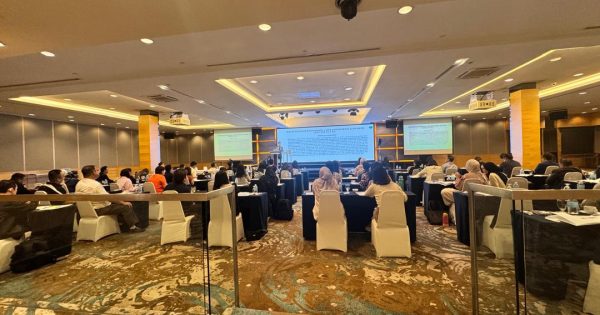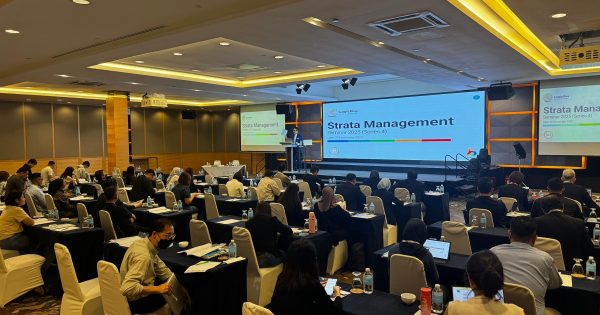
Case update: Perbadanan Pengurusan One Tanjong v Province Valley Sdn Bhd [2025] 5 AMR 139
Facts:
This dispute centres on the purported tort of negligence and breach of statutory duties involving alleged construction and fire safety defects at One Tanjong Condominium (“OTC”). The Respondent, Province Valley Sdn Bhd, was the developer of OTC. The Appellant, Perbadanan Pengurusan One Tanjong, took over the maintenance and management of the common property from the Joint Management Body upon its establishment on 24 October 2016. The Respondent had obtained Certificates of Fitness for Occupation (“CFs”) for both towers and handed over vacant possession to the purchasers.
Following a fire incident at OTC, the Appellant commissioned an architect to conduct a safety inspection. The inspection report highlighted numerous alleged fire safety hazards and non-compliance with the fire safety requirements outlined in Uniform Building By-Laws 1984 (“UBBL 1984”). Based on this report, the Appellant initiated legal proceedings against the Respondent seeking an order to compel the Respondent to rectify and remedy the defects in OTC at the High Court.
High Court
At the conclusion of the trial, the High Court directed the Respondent to carry out repair and rectification works for the defects identified by the Appellant. However, the High Court excluded from its order the alleged non-compliance with fire safety regulations. Dissatisfied with this exclusion, the Appellant appealed to the Court of Appeal.
Court of Appeal
The Court of Appeal dismissed the appeal and affirmed the decision of the High Court on the following grounds:
- The issuance of the Certificates of Fitness for Occupation (CFs) by the local authority constituted sufficient evidence supporting the Respondent’s position that it had complied with the approved building plans and all relevant laws, including the UBBL 1984, in constructing OTC.
- The Court of Appeal is of the view that the local authority bears equal responsibility in overseeing the entire process, from the submission of building plans for approval to the completion of the construction. As such, the Appellant’s failure to initiate proceedings against the local authority concerning the issuance of the CFs was fatal;
- The Appellant failed to prove the elements of negligence against the Respondent, particularly the allegation that the Respondent had constructed the OTC negligently in breach of the approved building plans;
- The High Court’s decision to reject the Appellant’s expert report was justified because it failed to refer to the approved building plans and the expert admitted that the recommendations in the report would have differed had he reviewed the approved building plans;
- The Appellant failed to discharge its burden of proof, having omitted to call the relevant authorities, including the local authority officers to challenge the issuance of the CFs as well as representatives from the Fire Department to challenge the approved fire safety plans which were alleged to be in breach of the UBBL 1984;
- Accordingly, the Court of Appeal found no merit in the appeal and the Appellant’s appeal was dismissed with costs of RM20,000.00 to be paid to the Respondent subject to allocatur.
Takeaway
The Court of Appeal reaffirmed that any grievance relating to compliance with the approved building plans should be directed to the local authority, which holds the statutory responsibility for ensuring adherence to regulatory requirements. The Appellant’s failure to pursue such recourse was considered fatal to its claim and effectively brought the matter to a close.


